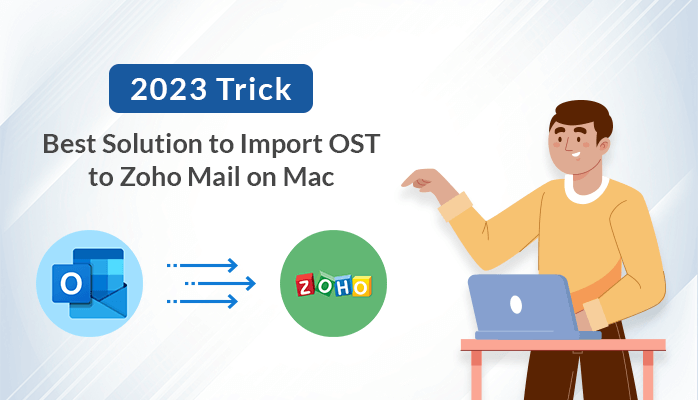If you’re going to start a business, it can be a great investment and usually costs a lot of money. But how can you run a business without buildings, furniture, inventory, and other furnishings? These commercial properties are necessary for a business to function efficiently. So, you must set a significant budget for things like buildings, furniture, machinery, and others. Moreover, it is crucial that you safeguard your commercial properties from any unfavorable circumstance, regardless of whether you own, rent, or lease them.
No matter how big or small, any business may involve several risk factors. There are numerous ways and places where the risks may arise. If you don’t have suitable insurance to counter risks, your business may collapse, forcing you to start over from scratch.
This comprehensive guide discusses various commercial property insurance types in New Jersey!
Commercial property insurance can assist you in determining the optimal level of protection for your company’s assets.
Let’s learn some basics of commercial property insurance!
A large range of a company’s assets are protected against covered risks by commercial insurance. Additionally, business owners can replace or repair lost or stolen property with the assistance of commercial property coverage. The following are covered by business personal property insurance, regardless of ownership or rental.
- Equipment like computers, fax machines, phones, etc
- Buildings
- External buildings like storage
- Outdoor signage
- Inventory
- Furniture
- Manufacturing or processing equipment and tools
- Fence and landscaping, and
- Fixtures
Risks Covered by Basic Commercial Property Insurance
Basic business insurance only covers particular risks. It includes the following:
- Lightning
- Fire
- Theft
- Explosions
- Vandalism
- Burst Pipes
- Storms
Different Types of Commercial Insurance
Boiler and Machinery Insurance-
Often known as “equipment breakdown” or “mechanical breakdown coverage,” boiler and machinery insurance covers equipment, machinery, and boilers in the event of an unintentional breakdown.
Typically, this kind of coverage will pay out for losses incurred due to business interruption and property damage. For instance, this coverage would include computer damage from fire.
Liability Protection-
Legal claims are guarded against by this insurance. These claims may relate to property damage or injuries brought on by your company. The insurance pays for court expenses, settlements, and judgments in the event that you are taken on. This protects your company from significant losses that might compromise its continued existence.
Debris Removal Insurance-
The price of clearing debris after a fire, flood, windstorm, etc., is covered by debris removal insurance. For instance, if your building is completely destroyed by fire, the old building’s parts must be taken down before you can begin to rebuild. Your property insurance will reimburse the costs of rebuilding but not those of clearing the debris.
Business Interruption Insurance-
Insurance against business interruption pays for losses in profits and other costs brought on by loss or damage to property. For instance, this insurance would pay for the salaries, taxes, rent, and net profits you would have made over the two months that a fire forces you to close your business.
Tips For a Good Deal!
Consider Your Location-
The risks that your business faces are largely determined by its location. For instance, you should make sure that your commercial property insurance covers these particular risks if your company is situated in a region that frequently experiences natural disasters like earthquakes or floods.
Selecting the appropriate coverage requires an understanding of the environmental and geographical factors that may affect your property.
Customize Your Policy-
Since every company is different, your insurance should also be. Collaborate with your insurance provider to tailor your policy to your company’s particular requirements. Make sure your expensive equipment is sufficiently covered. If your company faces unique risks, talk to your insurer about them to find the best way to use your policy to reduce them.
Review and Update Regularly-
As your business grows, its insurance needs also increase. It’s important to regularly check and update your commercial property insurance to ensure it covers everything well. If you get new stuff, expand your property, or change how your business works, take a look at your insurance policy and make any needed changes.
Consult with a Professional-
Navigating the complexity of business property insurance can take time and effort. Consider having a conversation with a commercial insurance specialist broker or insurance expert. They’ll assist you in figuring out your risks, grasping your policy’s terms, and deciding what coverage suits you.
Conclusion-
If you want your company to run efficiently, buying suitable commercial insurance is a smart move. It’s a wise investment, and you will be glad that you made the right choice to secure your company’s future. If you need a trustworthy source for commercial property insurance in New Jersey, reach out to Innovate Insurance Agency—they’re the right choice for your insurance needs.








